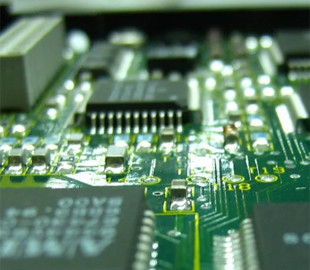
The US government is further restricting the export of chips and artificial intelligence developments to keep advanced computing technologies in the US and its allies, as well as find more ways to block China's access. Reuters writes about this.
New US laws impose worldwide licensing requirements on certain chips, with some exceptions. They divide the world into three parts. About 18 countries, including Japan, the UK, South Korea and the Netherlands, will be effectively exempt from the restrictions.
Another 120 countries, including Singapore, Israel, Saudi Arabia and the United Arab Emirates, will face restrictions.
And countries subject to arms embargoes, such as Russia, China and Iran, will be barred from receiving the technology altogether.
In addition, US-headquartered providers that are likely to receive global permits, such as AWS and Microsoft, will be allowed to deploy only 50% of their total AI computing capacity outside the US, no more than 25% – outside tier 1 countries and no more than 7% – in a single non-tier 1 country.
The new restrictions will apply, in particular, to advanced graphics processing units (GPUs), which are used to power data centers needed to train artificial intelligence models. Most of them are made by Nvidia, part of Advanced Micro Devices.
The largest cloud service providers such as Microsoft, Google and Amazon will be able to obtain global permits to build data centers that will exempt their projects from country quotas for AI chips.

